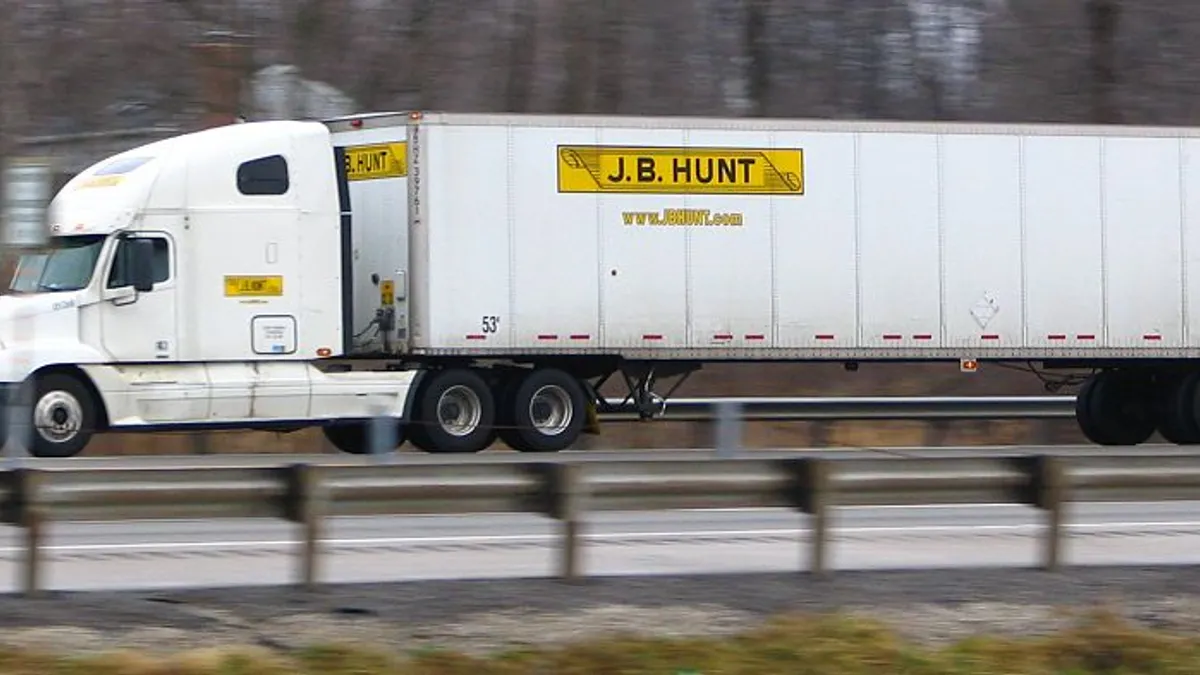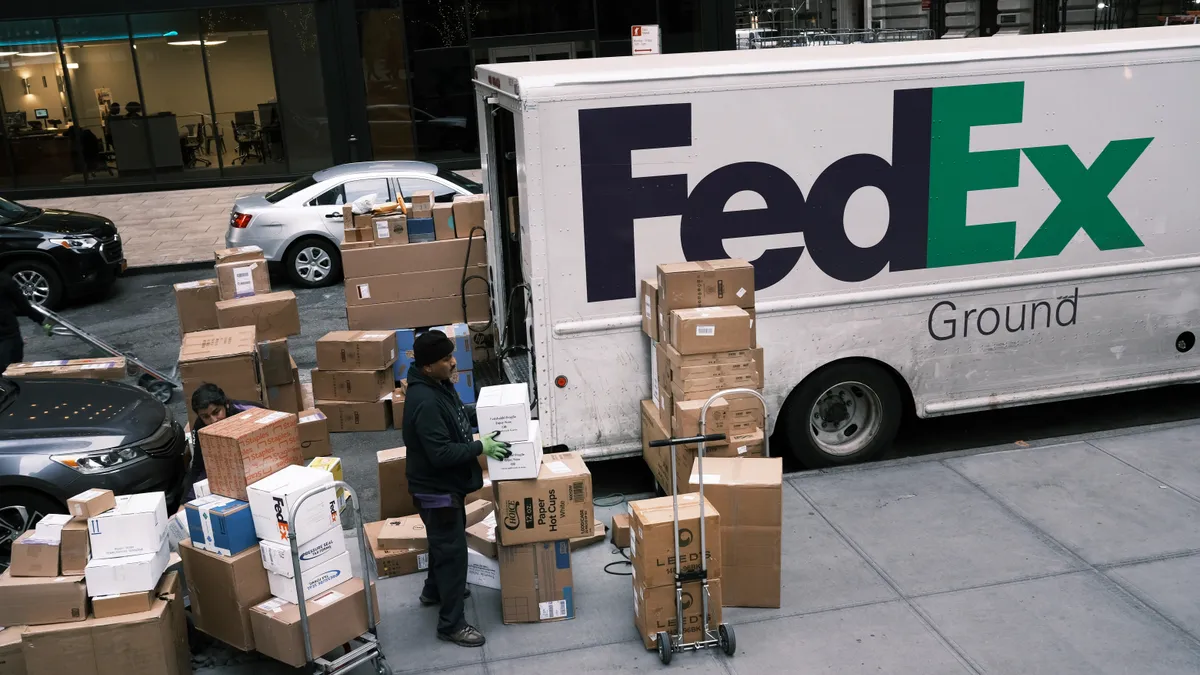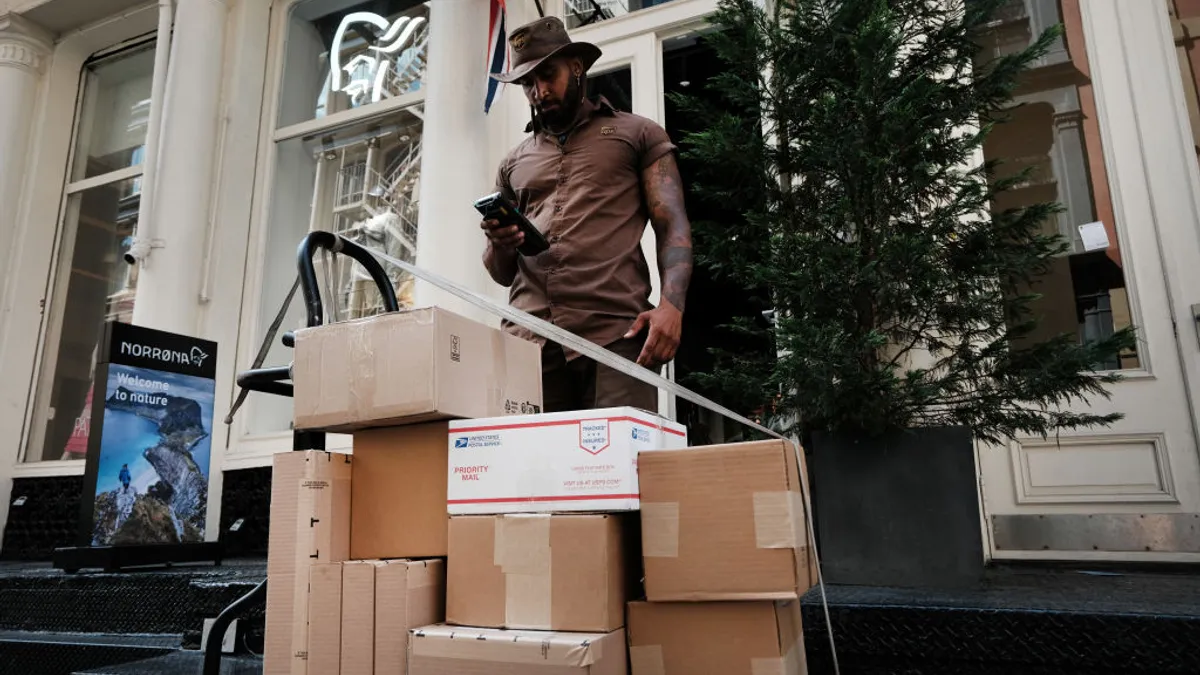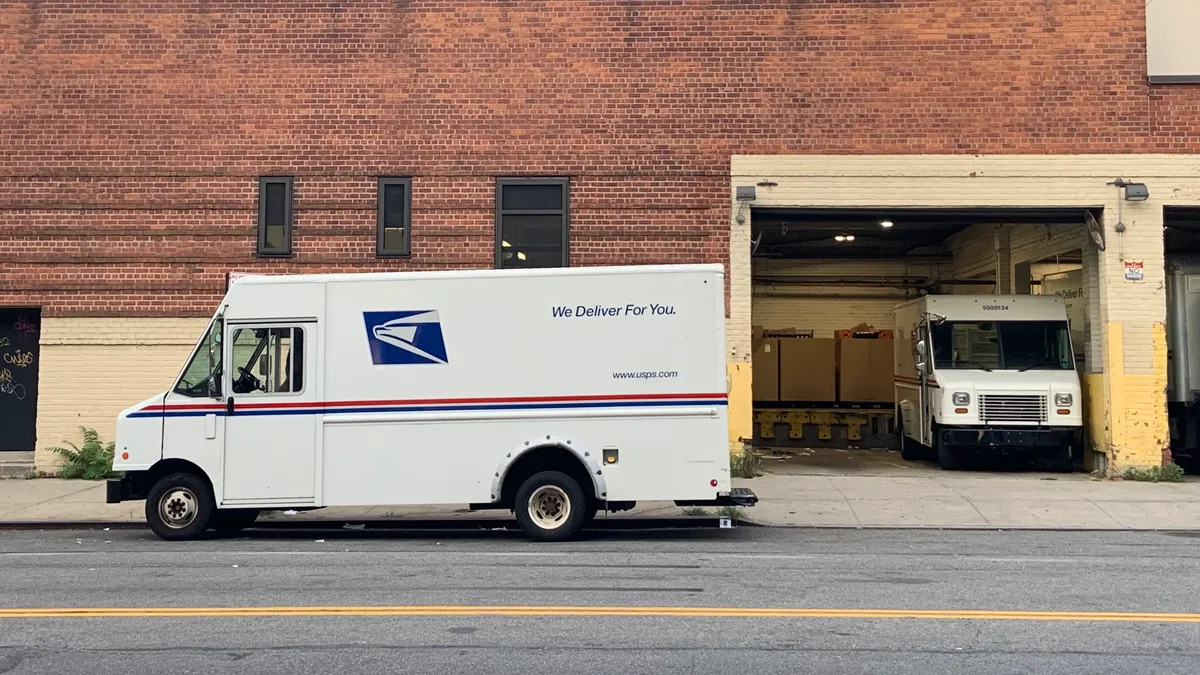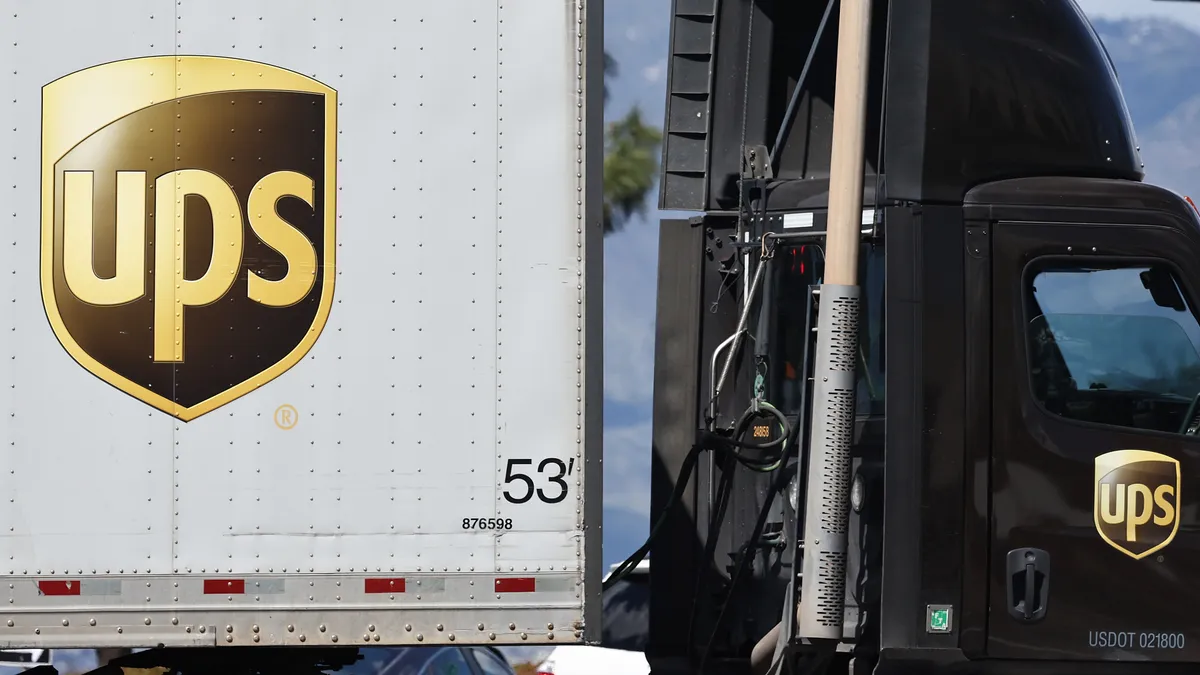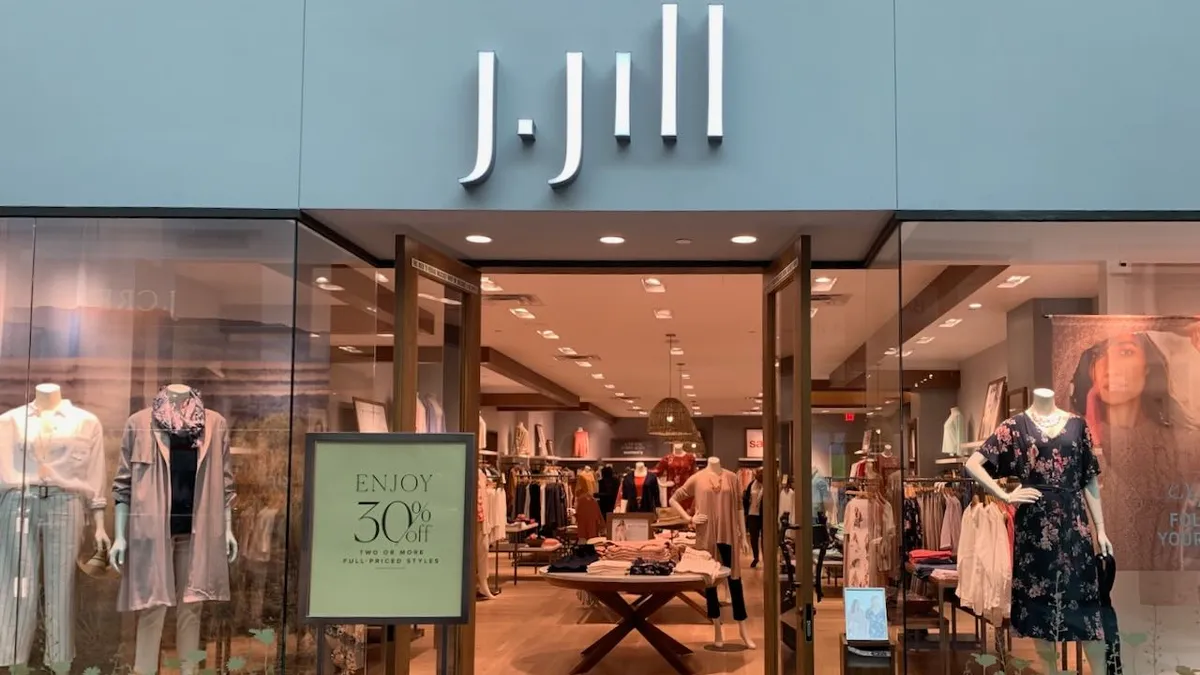J.B. Hunt is making a play for a larger chunk of the last-mile sector, and it has decided the best way to do that is to absorb the experience of the existing market, through acquisitions.
The carrier has been scouting for last-mile fleet and scooping them up with gusto since 2017. On Nov. 30, J.B. Hunt made its latest acquisition by buying Mass Movement, a delivery company that has delivered more than 2 million equipment pieces to 3,500 fitness centers since 1996.
The purchase, the fourth since 2017, indicates the opportunity that trucking sees in last mile. It also indicates perhaps the best path forward for large fleets looking to grow in the final-mile marketplace is to acquire smaller fleets. With them comes the books of business, the talent and the know-how.
It's a lesson hard-learned by the industry. Schneider shut down its First to Final Mile service in 2019 after losing $13 million in the first quarter of that year, $13.4 million in the second quarter and an estimated $9 million in the third quarter.
"Final mile is ... a difficult market. It is very fragmented."

Tim Denoyer
Vice President and Senior Analyst for ACT Research
But carriers still hungrily eye the opportunities. They don't expect e-commerce, a huge driver of last mile, to slow down anytime soon.
"Final mile is growing very quickly," said Tim Denoyer, ACT Research vice president and senior analyst. "At the same time, it's a difficult market. It is very fragmented."
Carriers flex their final-mile muscles
The fitness industry is driving a lot of big-and-bulky deliveries, which J.B. Hunt said will fit into its clientele portfolio. In a statement, CEO John Roberts described the purchase of Mass Movement as "an opportunity to expand our expertise in the final mile delivery of big and bulky products."
Before Mass Movement, J.B. Hunt had been targeting furniture-delivery firms.
J.B. Hunt said its Final Mile segment has 117 locations and more than 3.4 million square feet of warehouse space. It boasted it can reach 100% of the 48 contiguous states. J.B. Hunt declined to comment for this story.
J.B. Hunt's final-mile M&A
| Company | Segment | Date (announced) | Value |
|---|---|---|---|
| Special Logistics Dedicated | Pool distribution | July 2017 | $136 million |
| Cory 1st Choice Home Delivery | Furniture delivery | January 2019 | $100 million |
| RDI Last Mile | Furniture delivery | January 2020 | Not disclosed |
| Mass Movement | Fitness delivery | November 2020 | Not disclosed |
Source: J.B. Hunt news releases
Big and bulky seems a part of last-mile that big fleets can naturally thrive in. The COVID-19 pandemic has accelerated the online purchase of exercise equipment, even though it would seem consumers would be wary of buying such bulky items without first seeing them firsthand.
Ben Wiesen, president of Carrier Logistics, said consumers are now used to doing research, ordering and then testing equipment at home.
"That's certainly a whole lot better than being in a store where 1,000 people were," said Wiesen, referring to the pandemic, though he pointed out consumers have concerns about letting delivery persons into their homes, especially during the pandemic.
Another issue may be at play for big fleets. They may be trying to best utilize their assets, not all of which are Class 8 tractors and trailers. Some fleets have smaller trucks that are more ideal for the last mile, and getting a mattress to a home in an urban neighborhood. The growth of e-commerce and last-mile presents an opportunity for fleets to use all types of their trucks.
And some fleets have been at such last-mile deliveries for a while. In the cases of UPS and FedEx, parcel and last mile are the majority of their business.
"I think there's a difference between moving a full truckload and moving a shipment," said Wiesen. "When you think about FedEx, they've really been focused on the shipment, not the truckload."
It's unclear how big annual last-mile revenues are in the United States, if food deliveries and parcels are excluded. For Q3, J.B. Hunt's Final Mile Services reported $182 million in Q3 revenues, up 22% YoY. In comparison, XPO, which claims to be the largest last-mile fleet of bulky items, reported its Last Mile segment brought in $243 million in Q3, up 11% YoY.
Yet the sector is not without risk. Last-mile delivery is the most inefficient part of freight's journey, according to experts. Parcel, LTL and last mile do not have set routes and have multiple destinations for drivers. Comparatively, over-the-road TL is more efficient, with a stop for loading, relative fuel efficiency on the highways and a stop for unloading.
Last mile requires drivers to get to specific B2B or B2C locations and then unload and sometimes install items. The last-mile tasks include training drivers to handle cargo carefully, with "white gloves," and to avoid damage to the goods to avoid costly redelivery.
The specific needs of last mile proved too much for Schneider, which closed its First to Final Mile service on Dec. 31, 2019.
"While we made significant investments in the operation, the business operating results are below target, not meeting our expectation on financial performance, or improving at an acceptable pace or timeline," said Schneider CEO Mark Rourke on an earnings call in August 2019.
A crowded last mile
J.B. Hunt enters the last-mile sector with plenty of competition in a newly growing environment. The sector is so driven by new e-commerce and big-box retailers changing their supply chains. Nick Hobbs, J.B. Hunt president of dedicated carriage services and final mile services, referred to it as the "wild, Wild West."
Joe Checkler, XPO's vice president of public relations and social media, said his firm is the No. 1 last-mile carrier of heavy goods in North America. And such business has been good. Bradley Jacobs, XPO CEO, and other XPO officials told investors in November that the carrier's last mile business was a "standout" in Q3.
"We grew last mile revenue 11% year over year, powered by strong growth in e-commerce, the shift in consumption to goods from services, and a growing consumer focus on the home environment," said Matt Fassler, XPO chief strategy officer.
Fassler said XPO saw "notable growth in furniture, appliances and other home improvement goods, as well as exercise equipment, with much of it served through our last mile hub network. These market dynamics contributed to our 15% growth in last mile net revenue in [Q3]."
"We're already in the midst of this e-commerce revolution, and we've leaned into it ... I don’t think that that’s going to stop."

Fred Smith
CEO of FedEx
FedEx Freight recently stepped up its last-mile offerings by readying its network and courting retailers. In February, FedEx announced FedEx Express will contract with FedEx Ground for the transport and delivery of residential Express shipments. FedEx Freight Direct is delivering bulky items by FedEx Freight team members into residences and businesses.
FedEx also expanded residential delivery options to Sunday for most of the U.S. population, "and the buildout of FedEx Ground’s large package handling capabilities for items like TVs and furniture, which consumers increasingly order online," the company said in a Feb. 7 news release.
During a March conference call with investors and analysts, FedEx CEO Fred Smith said the pandemic and trade wars have not slowed consumer demands for home delivery.
"We're already in the midst of this e-commerce revolution, and we've leaned into it," said Smith. "I don’t think that that’s going to stop."
Hobbs told a Baird web conference on Nov. 13 that J.B. Hunt is bringing order to last mile. One step J.B. Hunt will take is to background check its drivers and installers for last mile, so homeowners can feel secure when the employees enter their houses, Hobbs said.
"That's going to be a differentiator," Hobbs said. "And then our performance on executing on the time of delivery is going to be that. And then our technical ability in the house of connecting appliances, electronics, I just think it's going to be a differentiator."
Cathy Morrow Roberson, president of Logistics Trends and Insights, said the growth of last mile will inspire LTL carriers to consider jumping into the segment. But Roberson said last mile is not like TL or LTL. It requires intensive customer service, she said.
That is why carriers are buying experienced regional last-mile providers. It will help J.B. Hunt compete with FedEx Freight, XPO and other rivals, Roberson said.
"They have the scale, and they have the technology," said Roberson. "They have trained providers [in] white-glove delivery ... and can set up anything."
Roberson said the acquisition of regional last-mile providers is a smart move and will help J.B. Hunt succeed. And volume should not be a problem.
"You have furniture; you have medical equipment," said Roberson. "E-commerce is driving a lot of it ... People have become used to it. It's going to become natural for a lot of the customers to order [big and bulky]."


